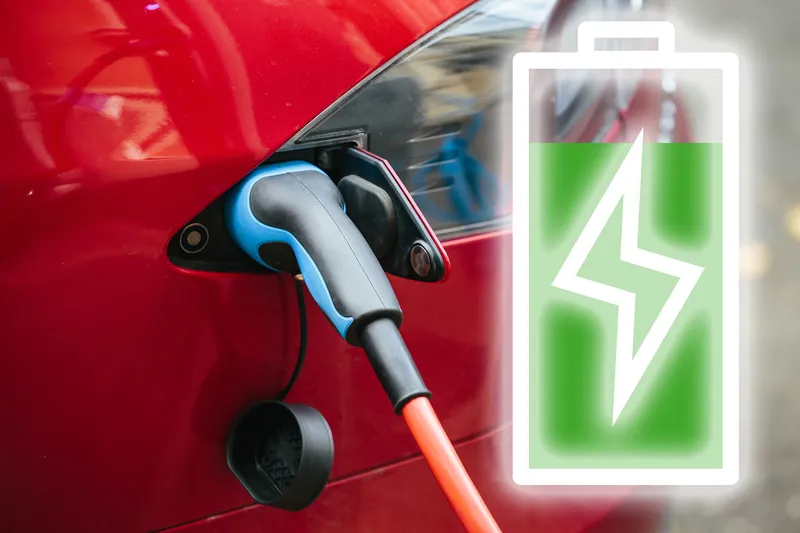Clean energy company Fortum is working with
Fortum says the project is seeking to reduce the time it takes for drivers to find chargers, thereby reducing climate emissions from the taxi sector.
The partners are aiming to install induction technology, with charging plates in the ground able to provide up to 75 kilowatts of power, the company adds.
Annika Hoffner, head of Fortum, says the taxis will be able to drive up to the charger and automatically begin a charging session.
"This allows the taxis to charge in a place where they would anyway be waiting for new customers,” she continues. “The difference is that they won’t be emitting exhaust while waiting, instead they will be receiving renewable energy to charge the taxi's battery.”
Sture Portvik, Oslo's electromobility manager, says: “From 2023 onward, all taxis in Oslo will be zero-emission. Together with the taxi industry we will make sure that the shift is as user-friendly and efficient as possible.”
Fortum to offer wireless charging for electric taxis in Oslo
Clean energy company Fortum is working with Momentum Dynamics and the City of Oslo to introduce wireless fast-charging infrastructure for electric taxis in the Norwegian capital.
Fortum says the project is seeking to reduce the time it takes for drivers to find chargers, thereby reducing climate emissions from the taxi sector.
The partners are aiming to install induction technology, with charging plates in the ground able to provide up to 75 kilowatts of power, the company adds.
Annika Hoffner, head o
March 26, 2019
Read time: 2 mins










